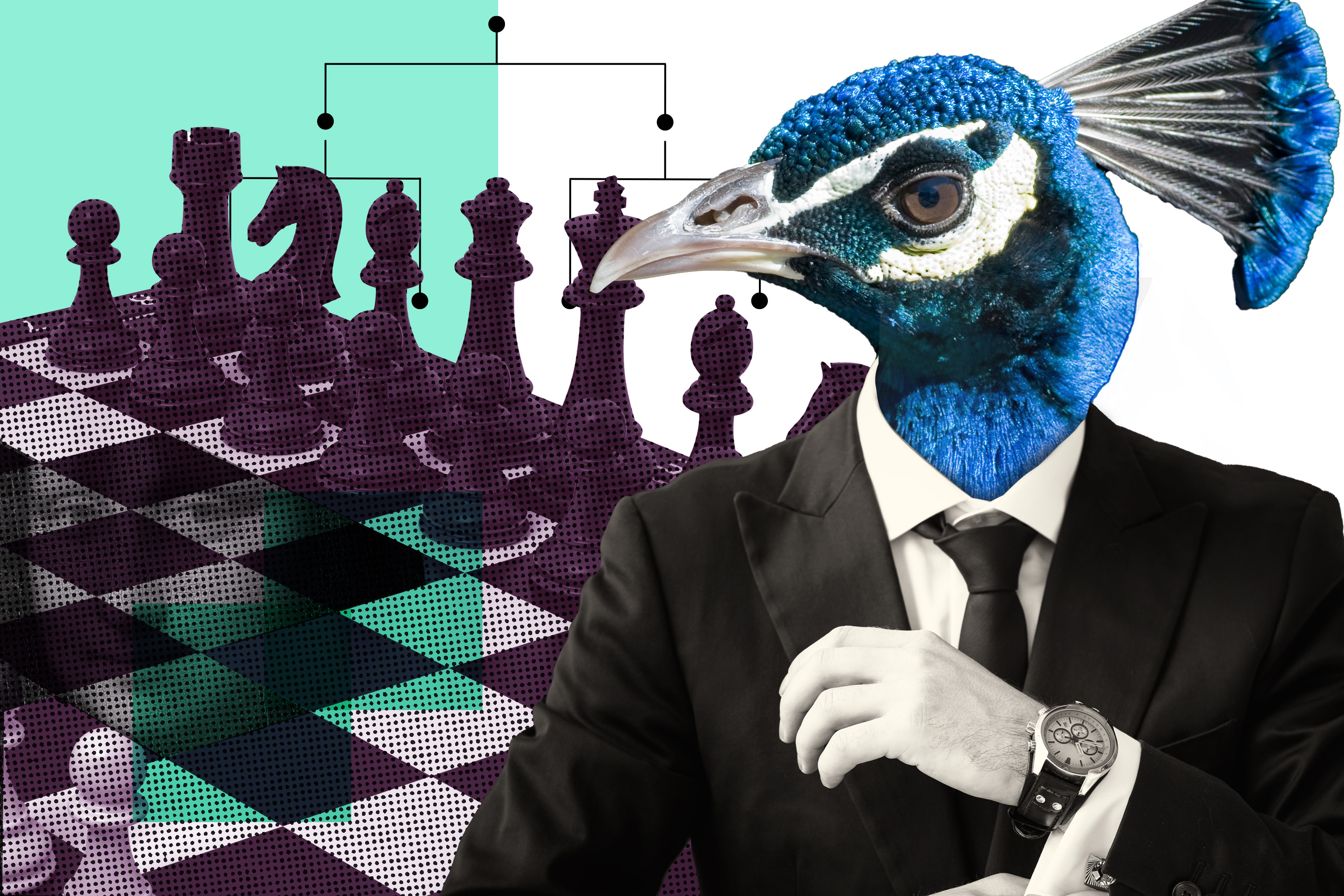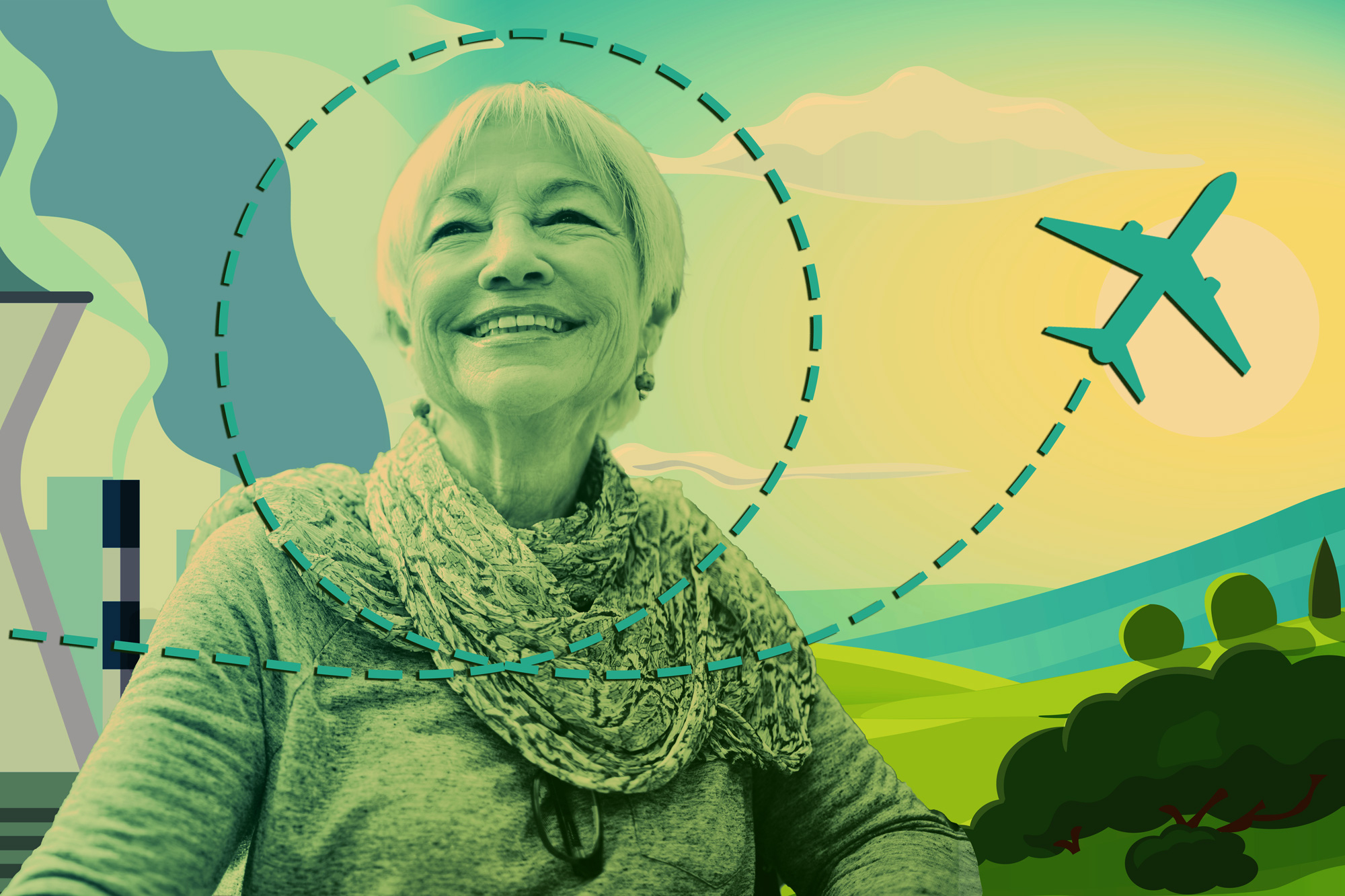Selfish or selfless? Human nature means you're both
Cognitive neuroscientists use brain imaging and behavioral economic games to investigate people's sense of fairness. They find it's common to take care of yourself before looking out for others.
Jean Decety, Professor of Psychology, and Psychiatry and Behavioral Neuroscience, University of Chicago •
conversation
March 17, 2021 • ~10 min
March 17, 2021 • ~10 min
Mandatory face masks might lull people into taking more coronavirus risks
Policies meant to improve public health – like mandatory face masks during the coronavirus pandemic – need to take into account how people might adjust other behaviors in response.
Konrad Grabiszewski, Associate Professor of Economics, Prince Mohammad Bin Salman College (MBSC) of Business & Entrepreneurship •
conversation
July 20, 2020 • ~6 min
July 20, 2020 • ~6 min
When safety measures lead to riskier behavior by more people
Behavioral economists explain how widespread use of face masks, hand sanitizer and other preventive measures could counterintuitively encourage riskier behaviors around coronavirus.
Konrad Grabiszewski, Associate Professor of Economics, Prince Mohammad Bin Salman College (MBSC) of Business & Entrepreneurship
• conversation
March 11, 2020 • ~6 min
March 11, 2020 • ~6 min
/
4









